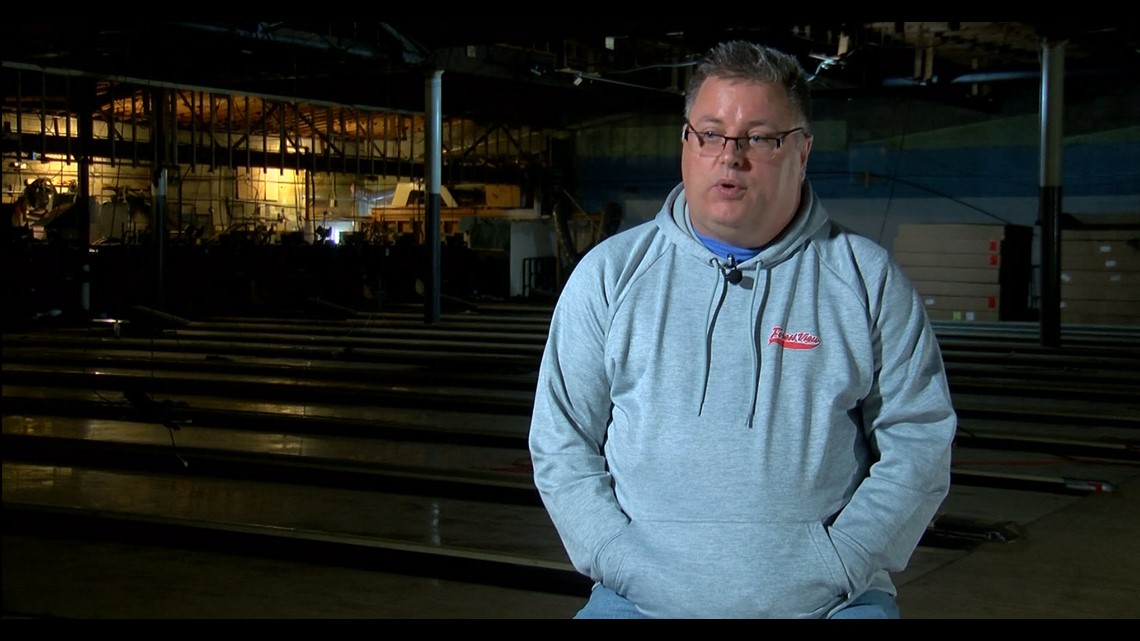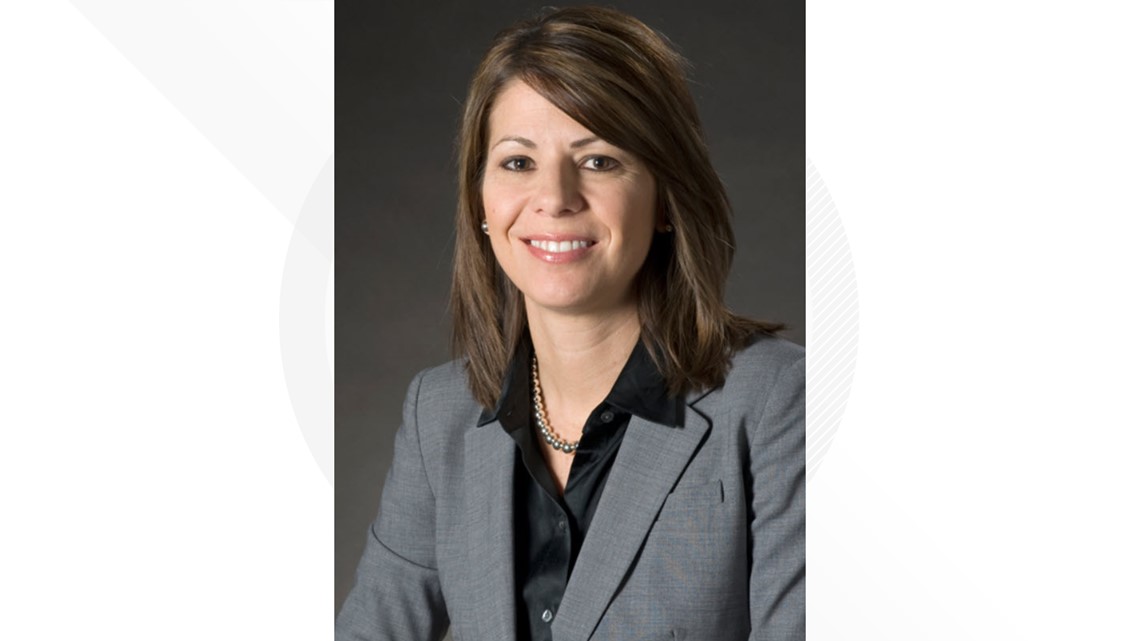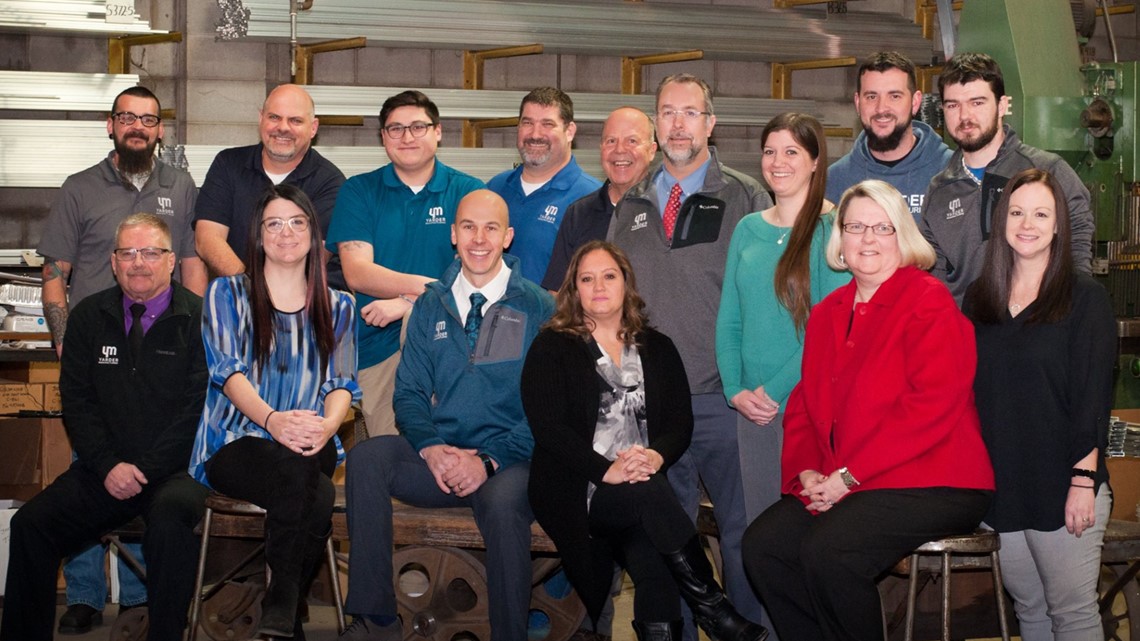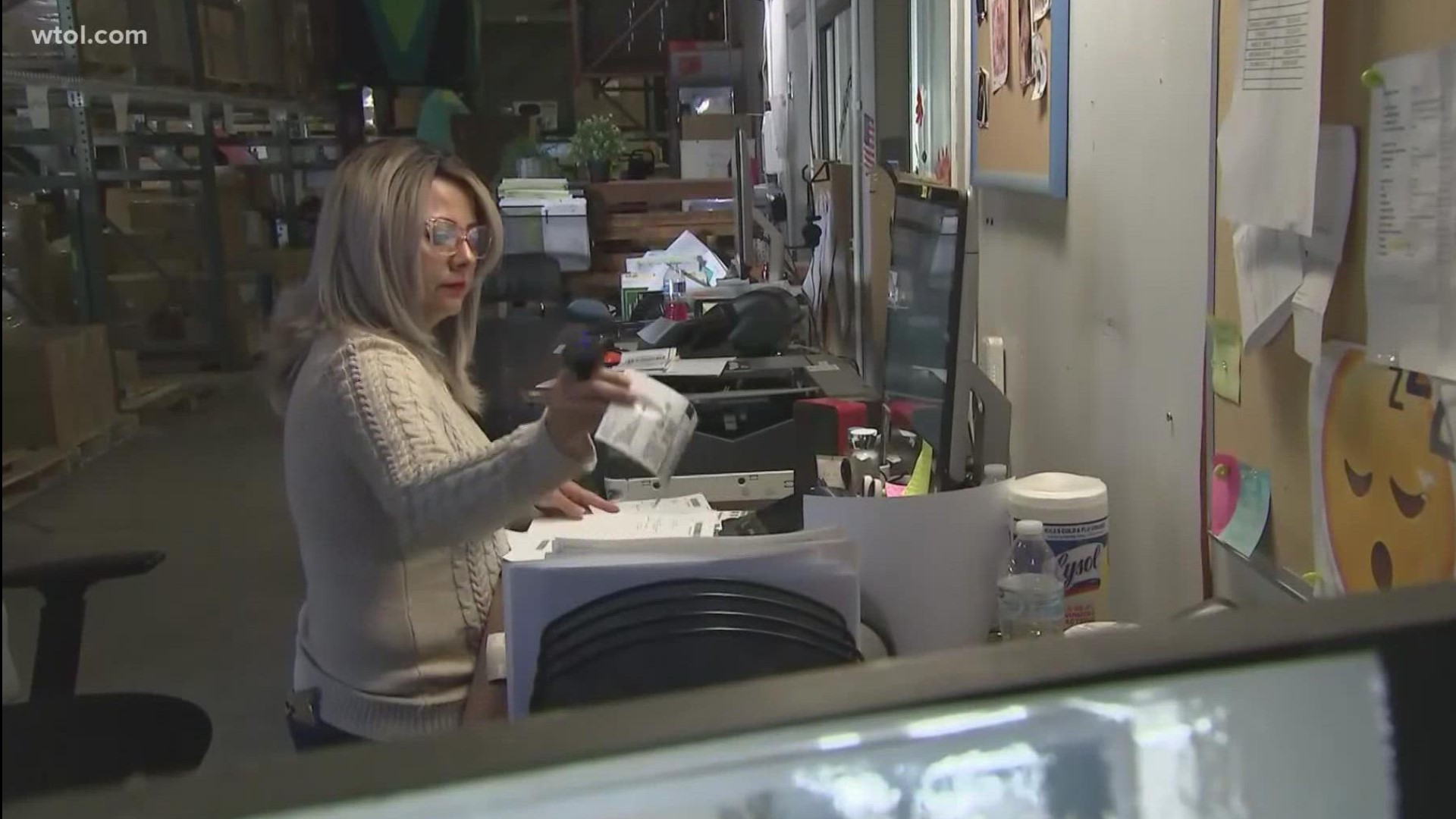TOLEDO, Ohio — According to the Labor Department, 4.4 million Americans quit their jobs in September, building on an exodus that saw 4.3 million people quit in August and 4 million bidding farewell to employment in July.
The Bureau of Labor Statistics says unemployment remains elevated at 4.6 percent in October and the economy still has 5 million fewer jobs than it did before the pandemic.
Why are people quitting their jobs? Here are some reasons given. Names and workplaces are withheld:
- "I quit my job for a better work-life balance."
- "I quit my job because just like everywhere else with the pandemic we've been overworked and understaffed. I wasn't being compensated for the years I put in. The time that we've been putting in... I realized my worth and went to get another job."
- "I quit my job because it was so demanding and hard on my body. I didn't have a lot of time with my family. "
- "I quit my job because I felt like I wasn't being fairly compensated for the work that I was doing."
These are all workers from northwest Ohio and they all quit their jobs in the past six months. They are just some of the dozens of people who responded to a WTOL 11 Facebook post with similar stories.
They may have different reasons for quitting, but the one thing that brings them all together is that they quit because they could.
"The industry is hiring. Every building has a help wanted sign on it," says local business owner Rich Kenny. He's taking on a project that sounds nearly impossible right now. He's renovating a bowling alley - the former Rossford Lanes that closed more than two years ago.
"Just wanted to take what we've done while in Bedford in Michigan and bring it here to Rossford or very similar," he said.
Kenny already owns one bowling alley just over the state line, ForestView Lanes.
Kenny not only had to close his business in the beginning of the pandemic, but he's also had to adjust to state requirements on the fly. But he says the last six months were "probably the most challenging time we've experienced in the last two years as a business."


Finding staff was his first challenge.
"People can pick and choose where they want to work and it's our job to keep them there," Kenny said.
Kenny said his pay is competitive and he takes care of his employees. He's now finally fully staffed at 80 workers, but he knows the labor market is struggling big time.
"I think I really believe we're at full employment right now in this country. There's no one left to work. If they want to work, they're already working," he said.
Kenny believes those who aren't working have a skills mismatch. Baby Boomers are retiring early. People have also realized they can make it on less.
"More families are going down to one income families instead of two. They found out they can survive on one income," he said.
The lack of workers isn't just affecting Kenny's ability to fill his schedule. It's also impacting his ability to serve his customers. He's also feeling the pinch of supply chain kinks.
"We can't even get potato skins right now. Pretty much everyone is not able to get potato skins in," he said.
Supply chain challenges keep Kenny on his toes. First off, he has to just hope his truck arrives. Then he hopes it has all the produce he ordered.
"You know, some weeks we get bacon at a 30% price increase. Then we get avocado prices going up. Then broccoli prices are up...," Kenny explained.
"So what's happening right now for businesses is sort of the perfect storm," said Wendy Gramza, president of the Toledo Regional Chamber of Commerce.
She said a shortage of labor, shortage of raw materials, shortage of production - it all has a real impact on local businesses and it's led to higher prices for consumers.
"People are having to make decisions and you'll probably see demand start for products and services take a dip because there's going to be a price point where people say I just can't afford this," Gramza said.


So how can businesses turn it around?
Gramza says it'll take leadership to encourage people to go back to work. Helping with logistics including childcare and transportation and simply appealing to workers in a different way will be key.
"Business owners are resourceful and creative and you know they're working on solutions to these problems," she said.
Matt Yarder is the vice president of Yarder Manufacturing Company. It's a fourth-generation family business in west Toledo. The company has been around for more than a hundred years, working with sheet metal.
"Like most businesses, the last year and a half has had some challenges with workforce and supply chain, but we're learning every day," Yarder said.
He says being a family business has its advantages. He can quickly implement some employee incentives to see how they work, like flexible hours so workers can tend to their families. The company also offers a bonus program.
"So our employees work a 45-hour workweek. They'll get paid their standard time, plus the overtime for those hours and an additional $100 bonus a week for working that overtime," Yarder said.


Yarder says he's now found some really good workers, but both he and Kenny believe it's going to be another year or so before things fully stabilize.
"I might be afraid to hire 70 people for this place today. I don't know if it's even feasible," Kenny said.
It all means the opening of ForestView Rossford Lanes will be about a year behind schedule.
Kenny has hit delays for nailing down everything from financing to bowling pins, but he thinks he can build out this place in the spring and open by summer.
"We're just trying to keep providing great food, great experience, great bowling for everyone that comes in our facility," Kenny said.
And those workers who quit their jobs, they have some insight for employers hanging a perpetual 'now hiring' sign in their windows.
"With young kids, it's really important for employers to be flexible."
"Someone who respects me as a person inside of the job and outside of the job."
"Understanding employees. Somebody who can make you feel like the work you're doing is important."
"Take me seriously with moving me forward with my education and training."
To learn more about what the workers we talked to who quit are doing now, check out extended interviews on our YouTube channel.

